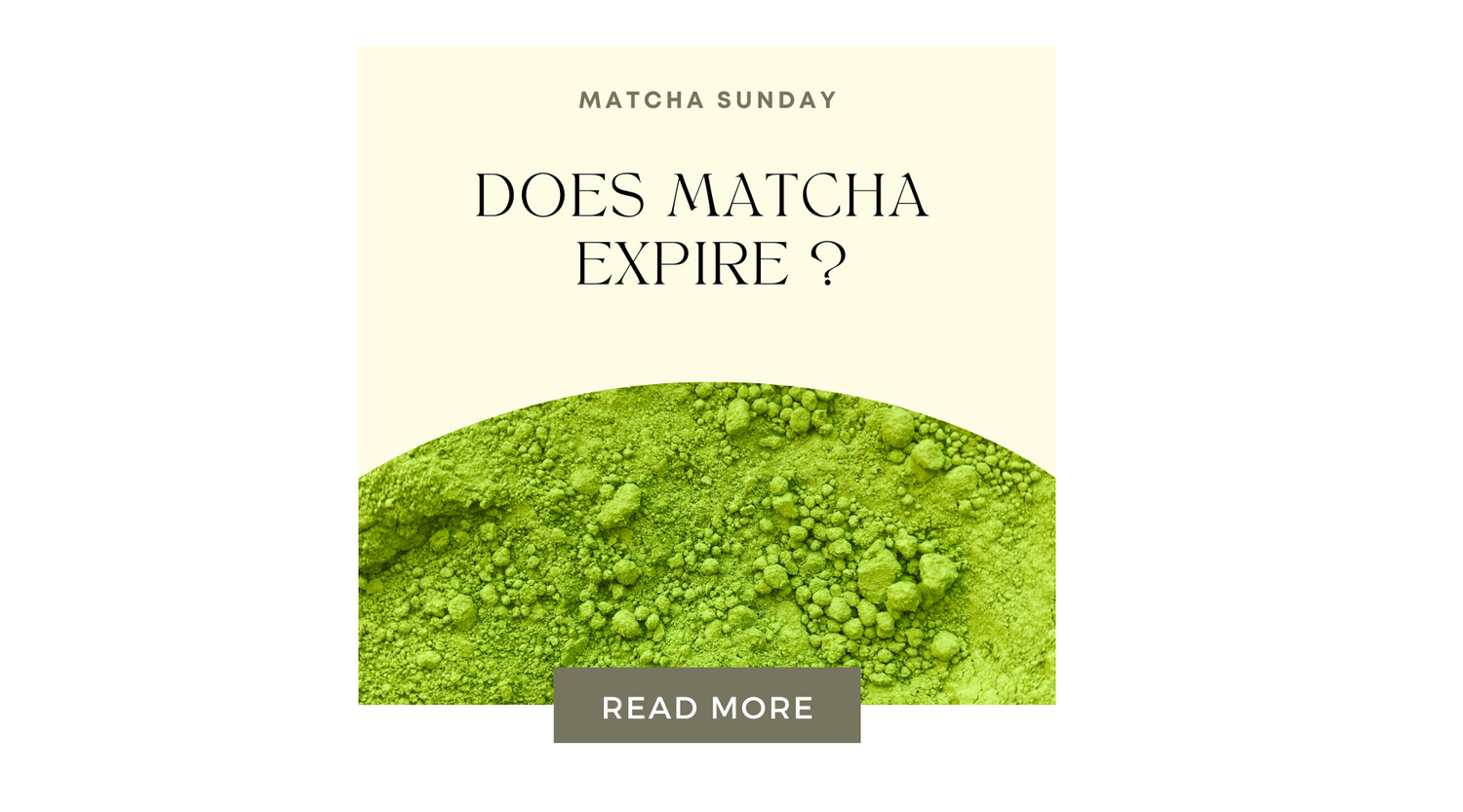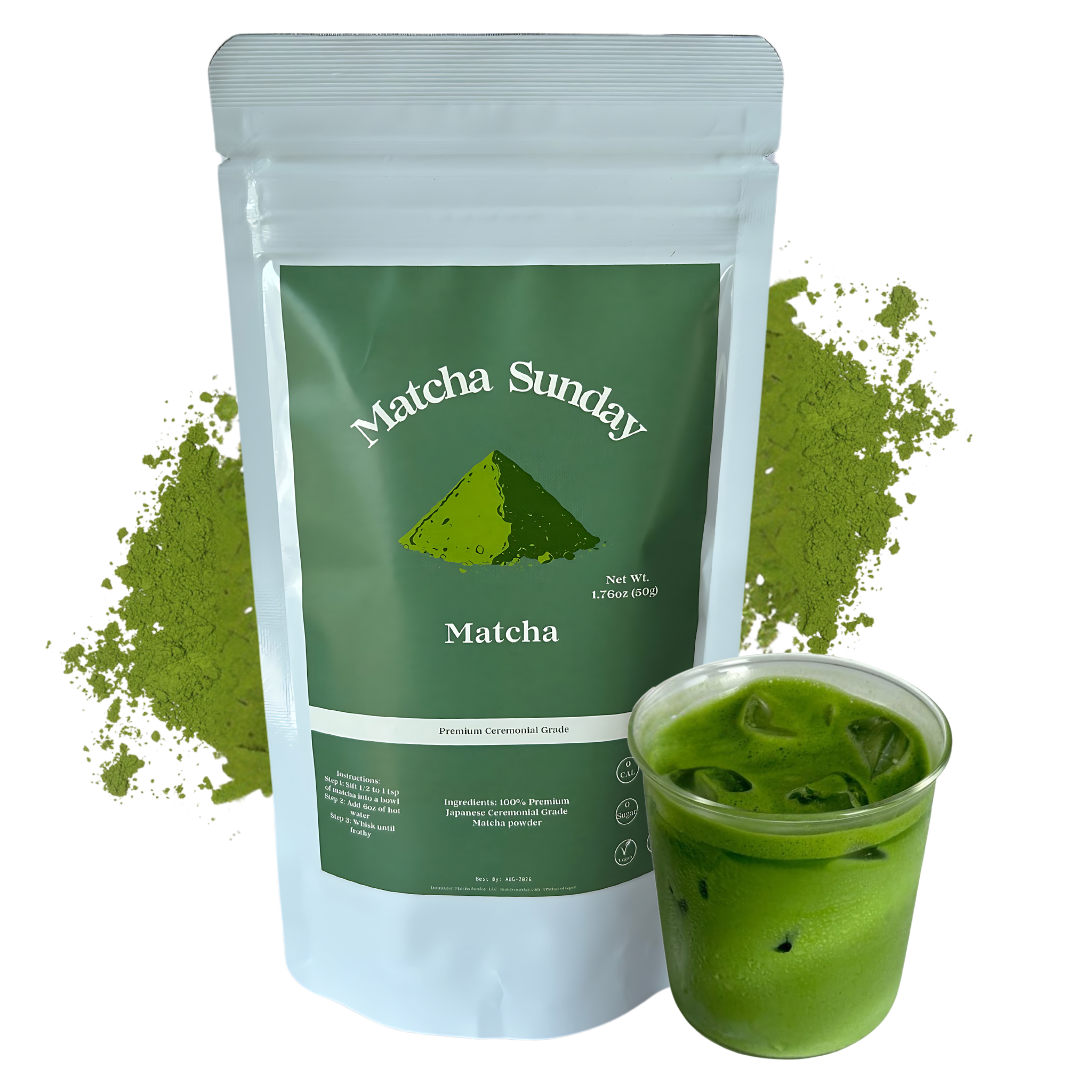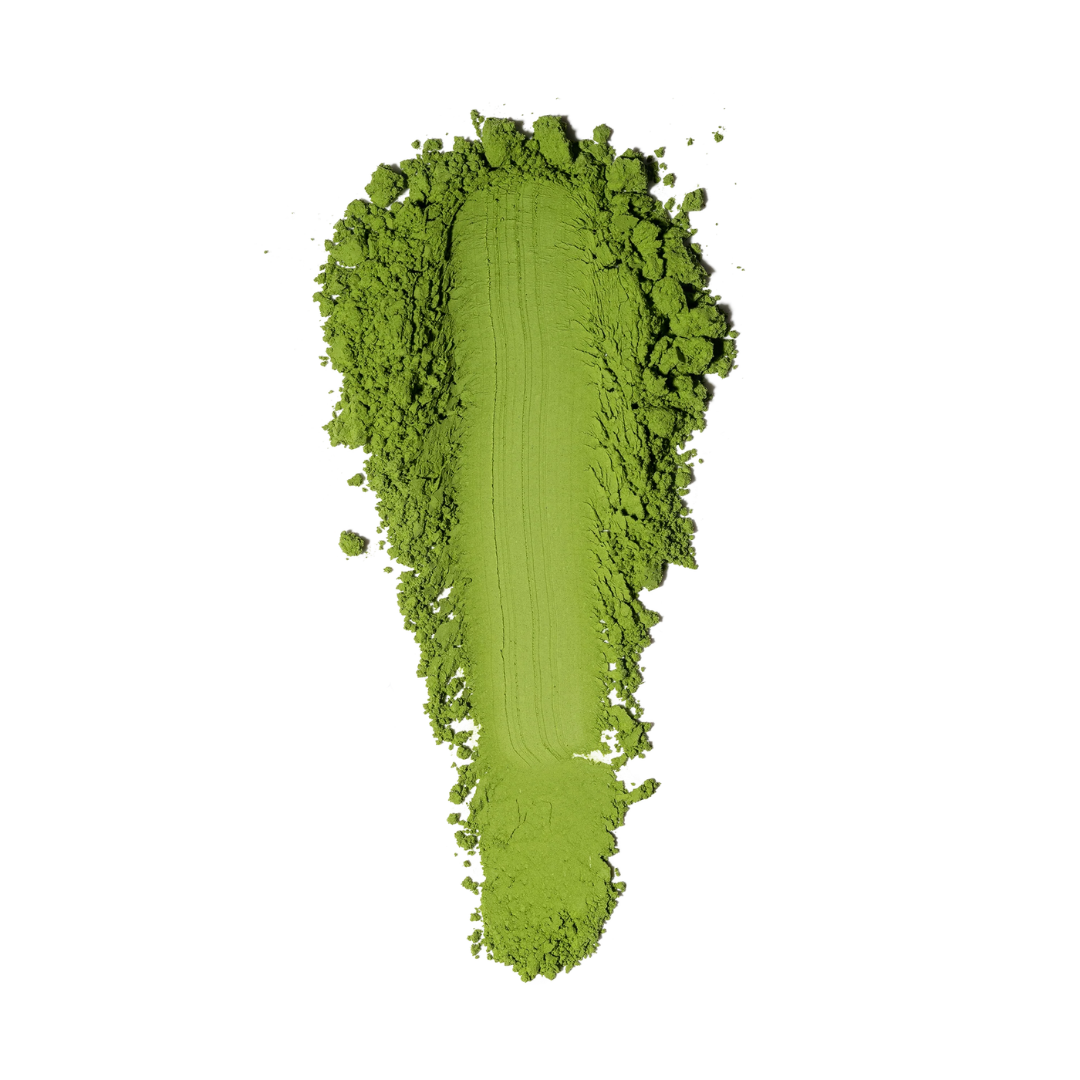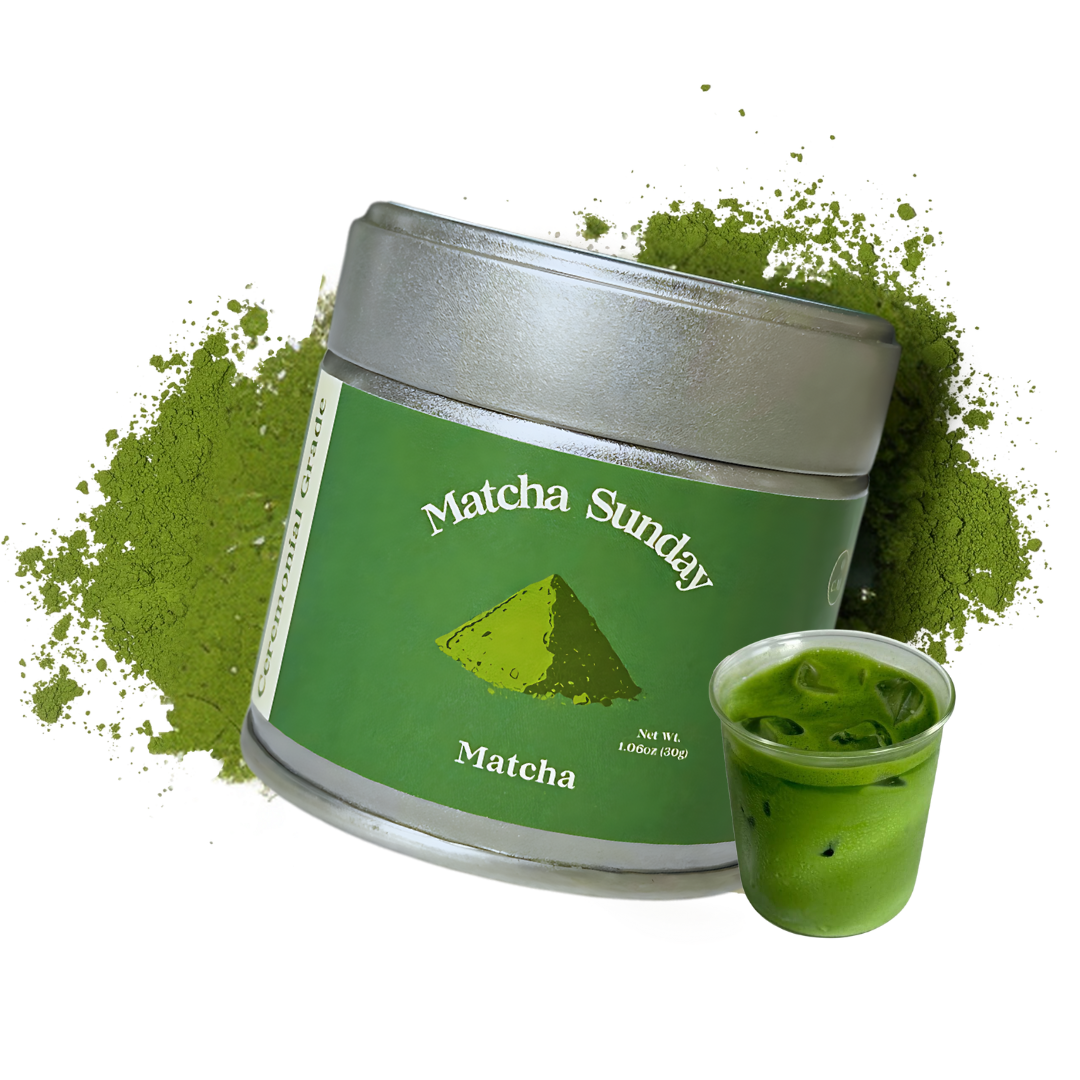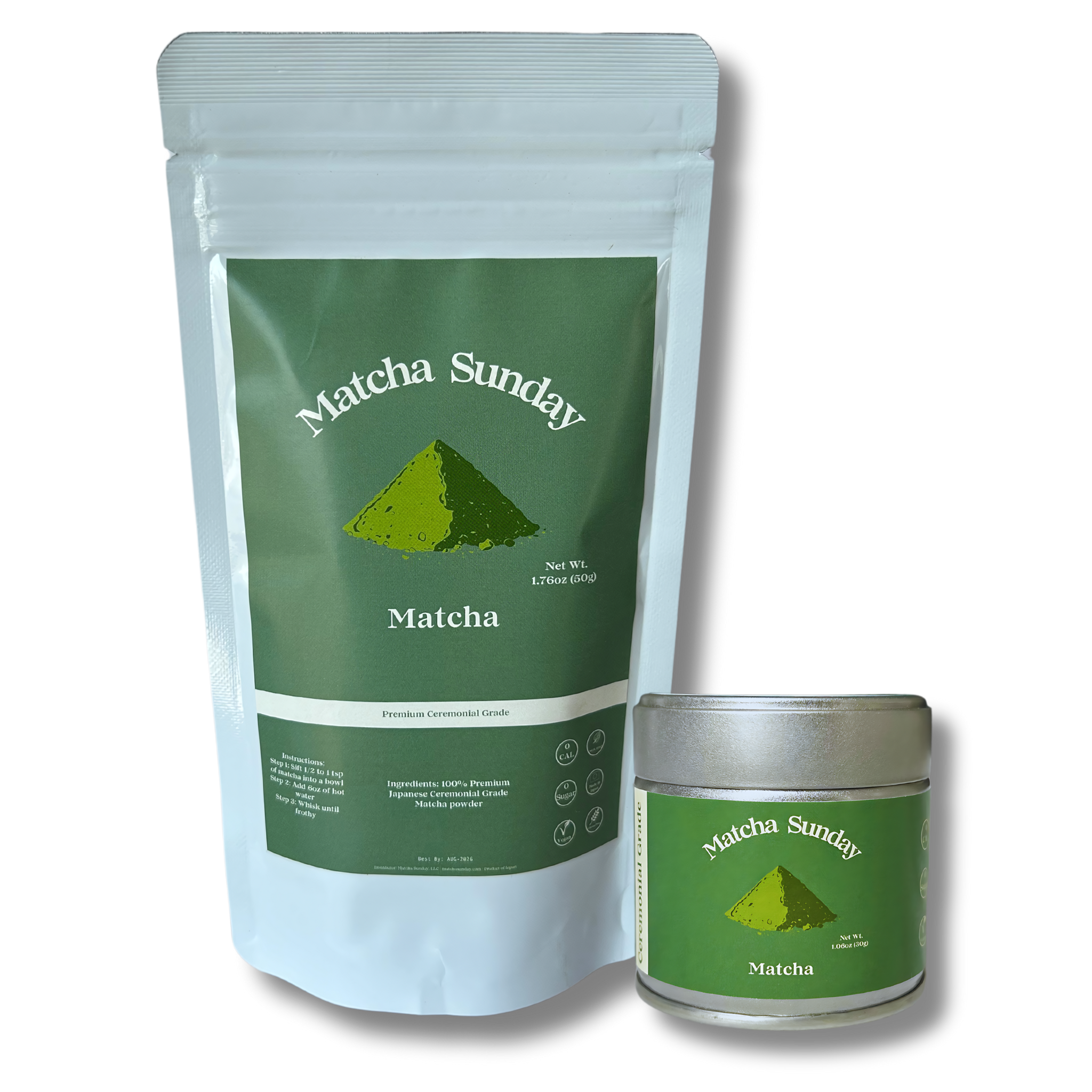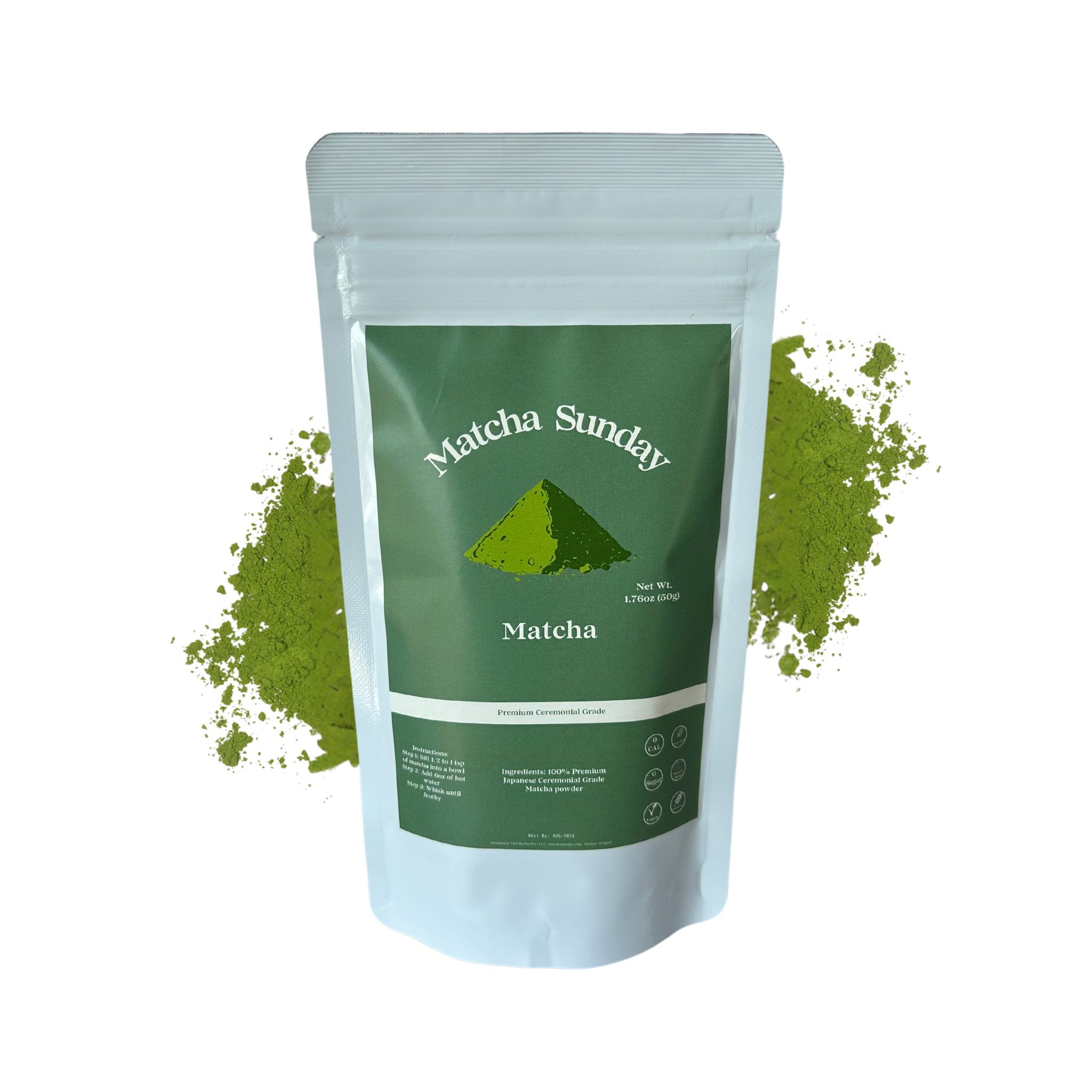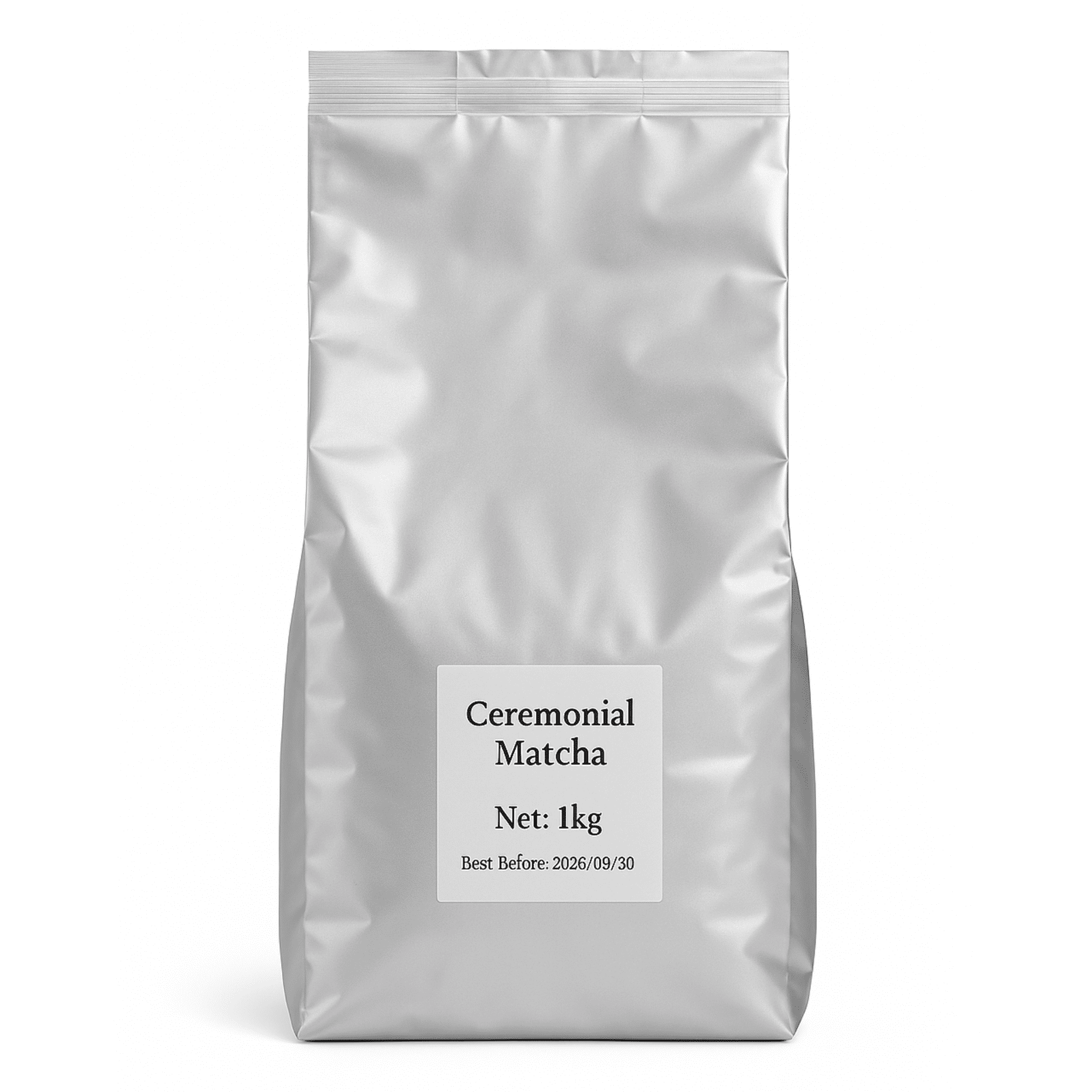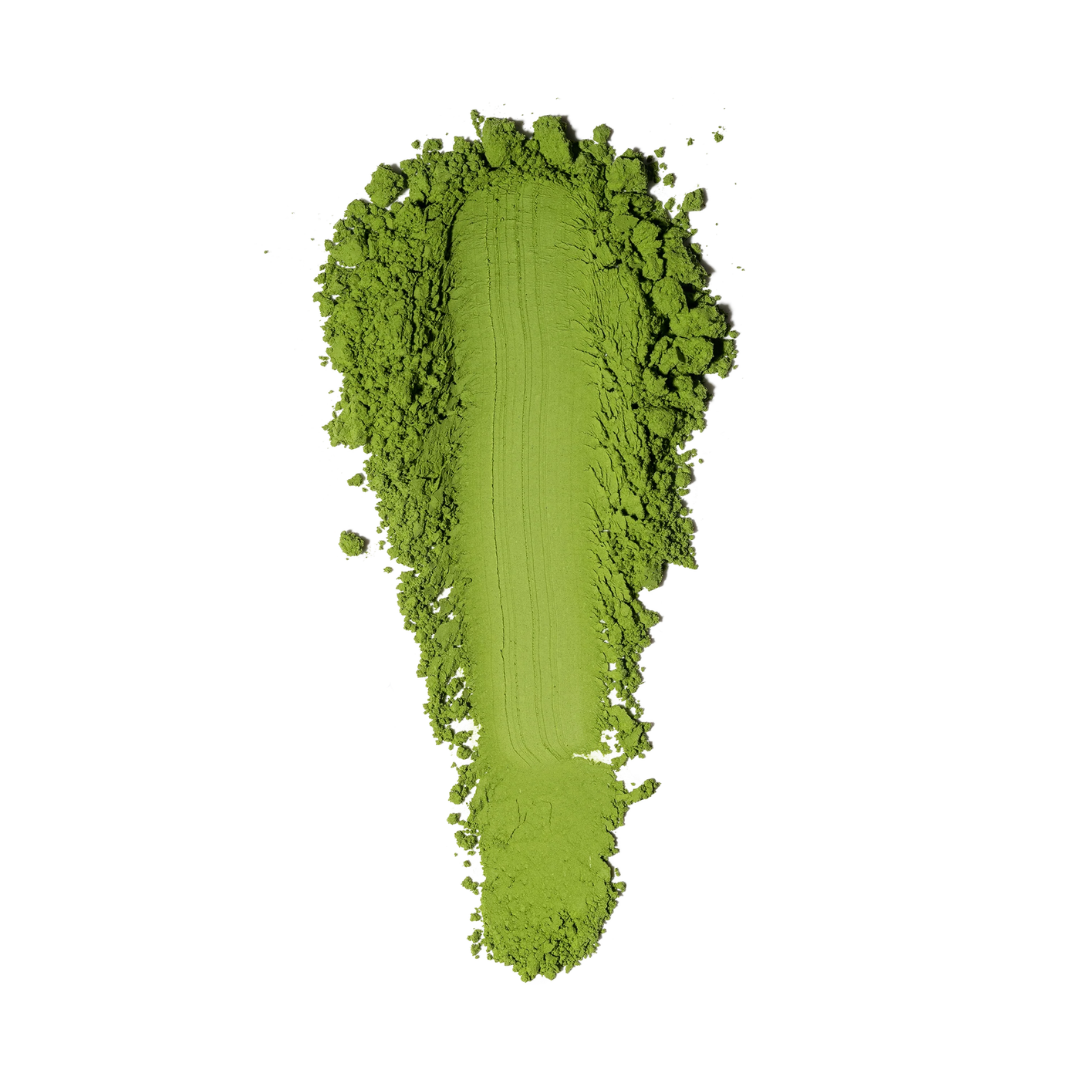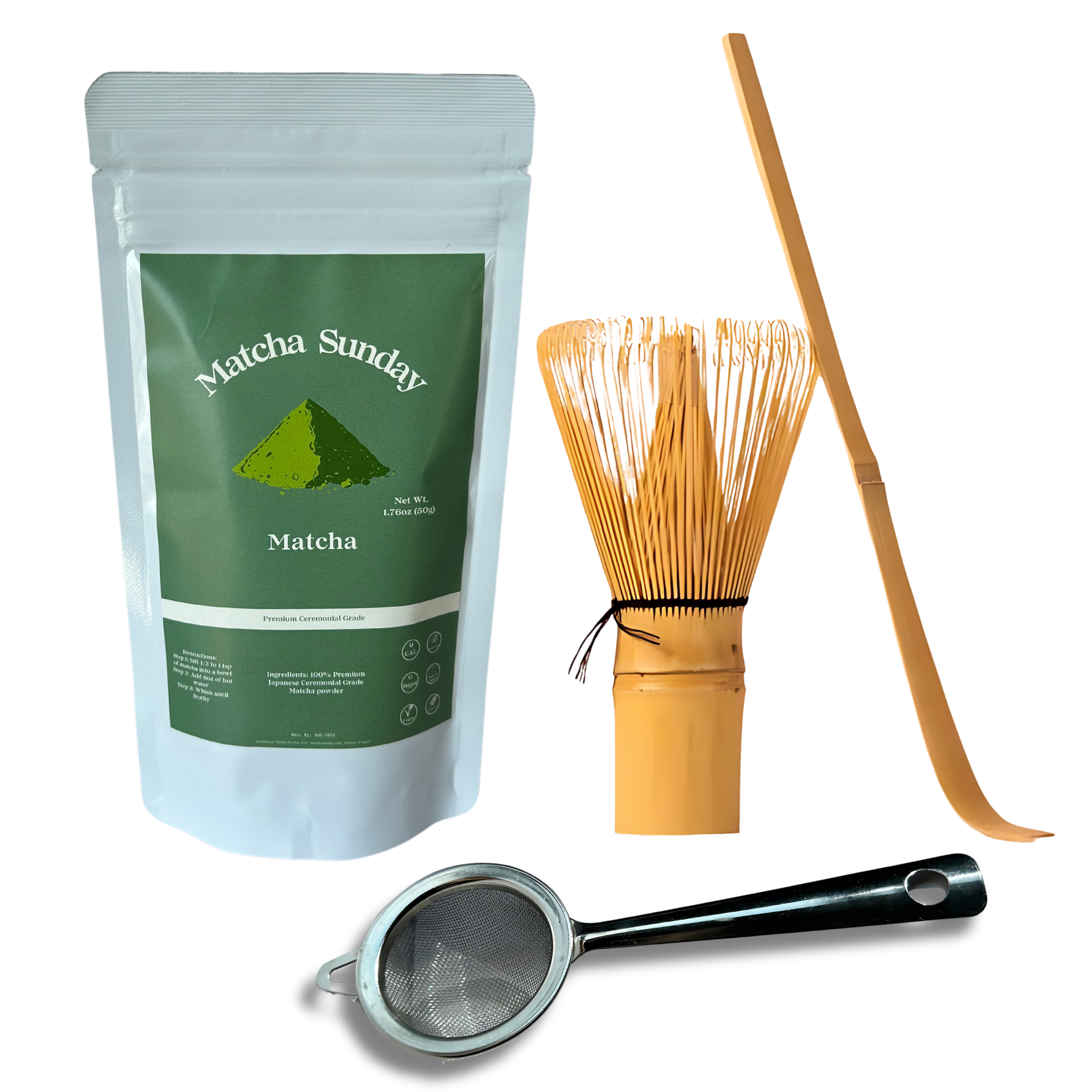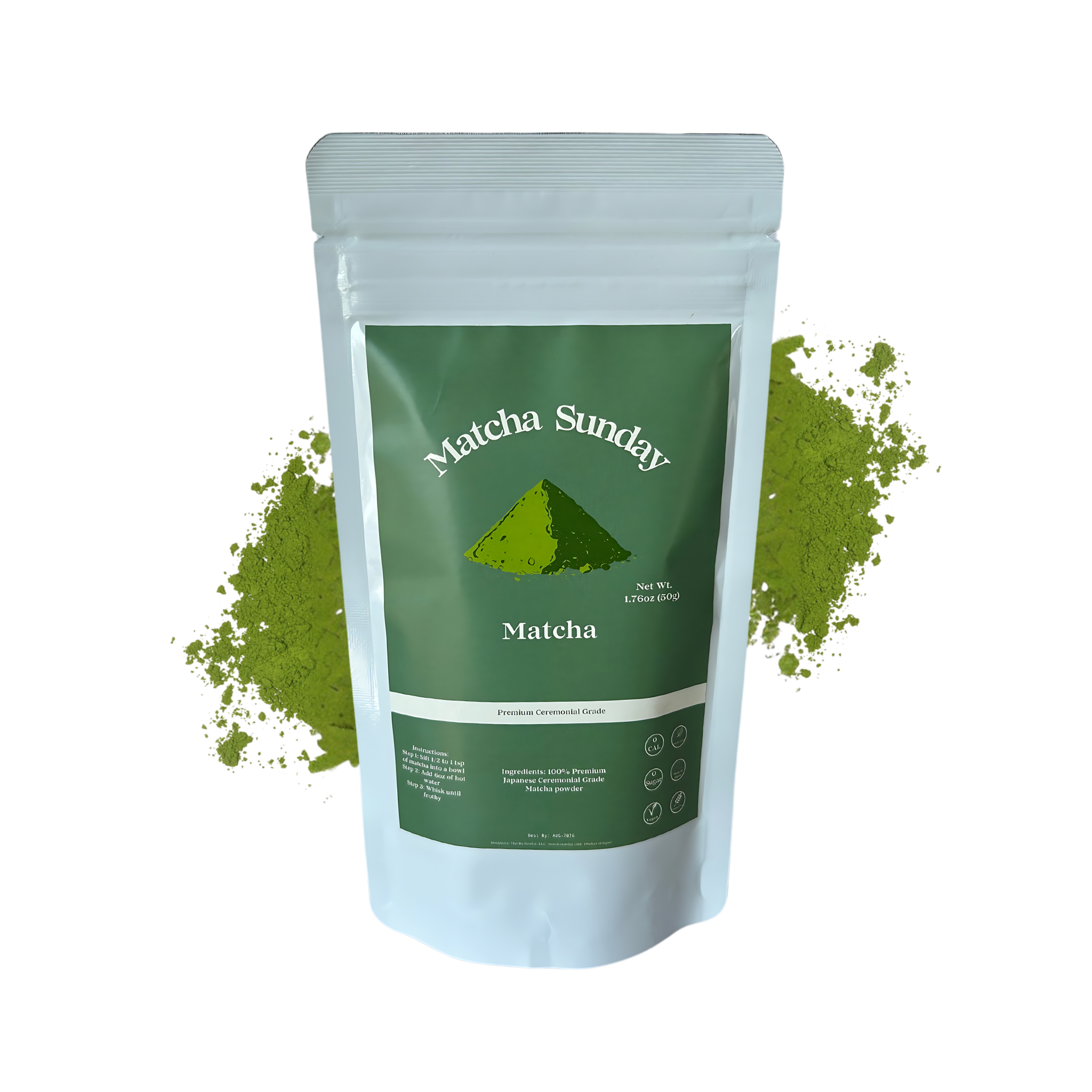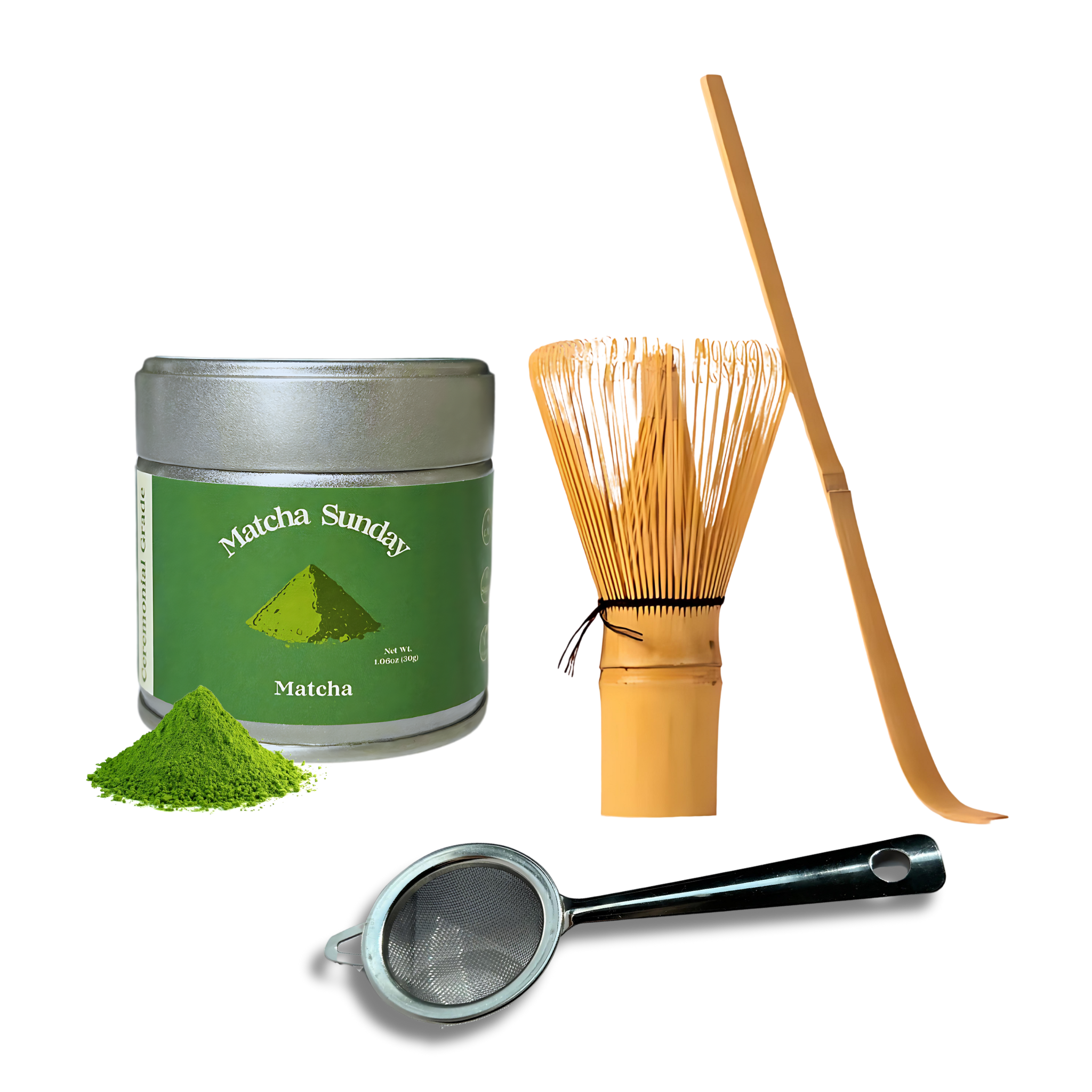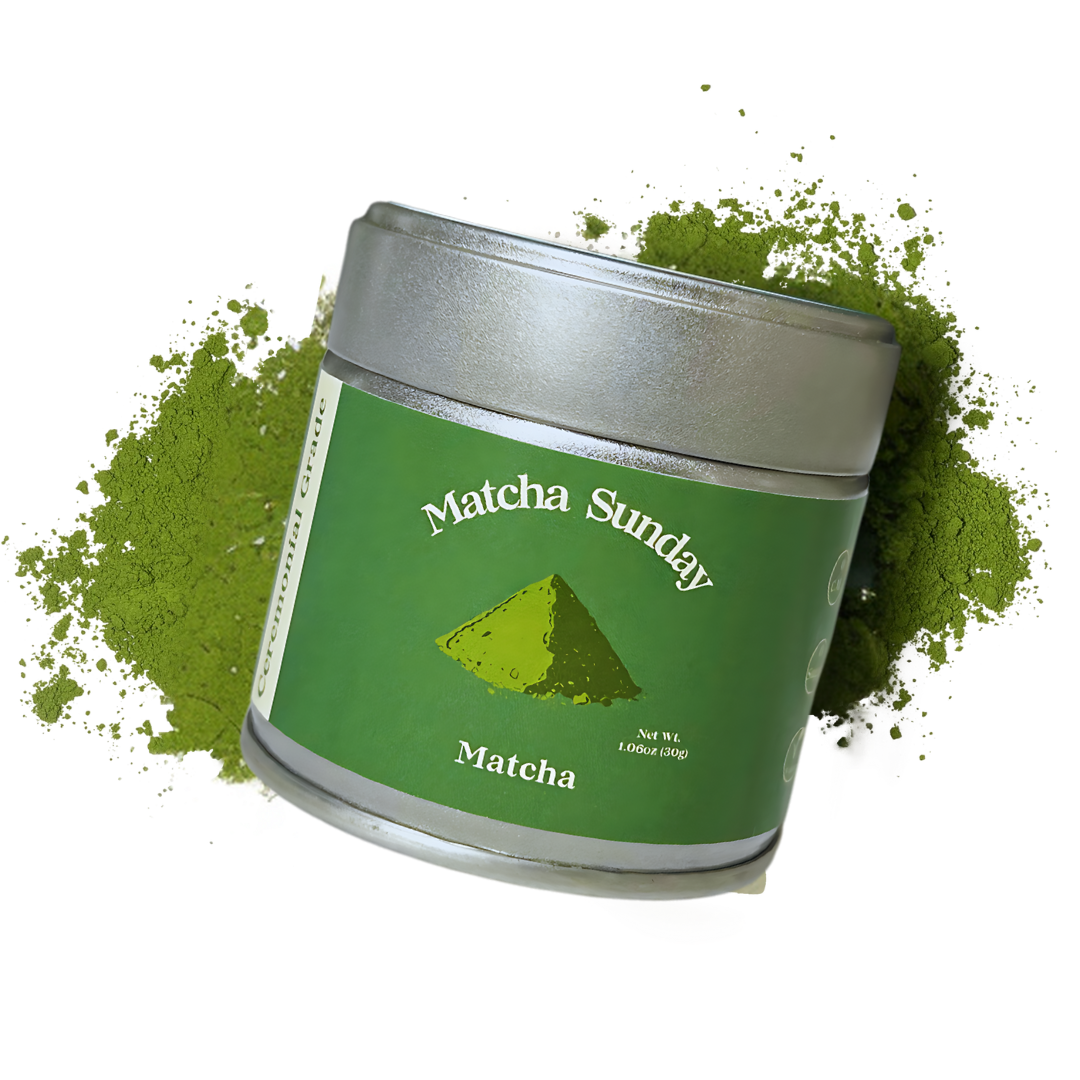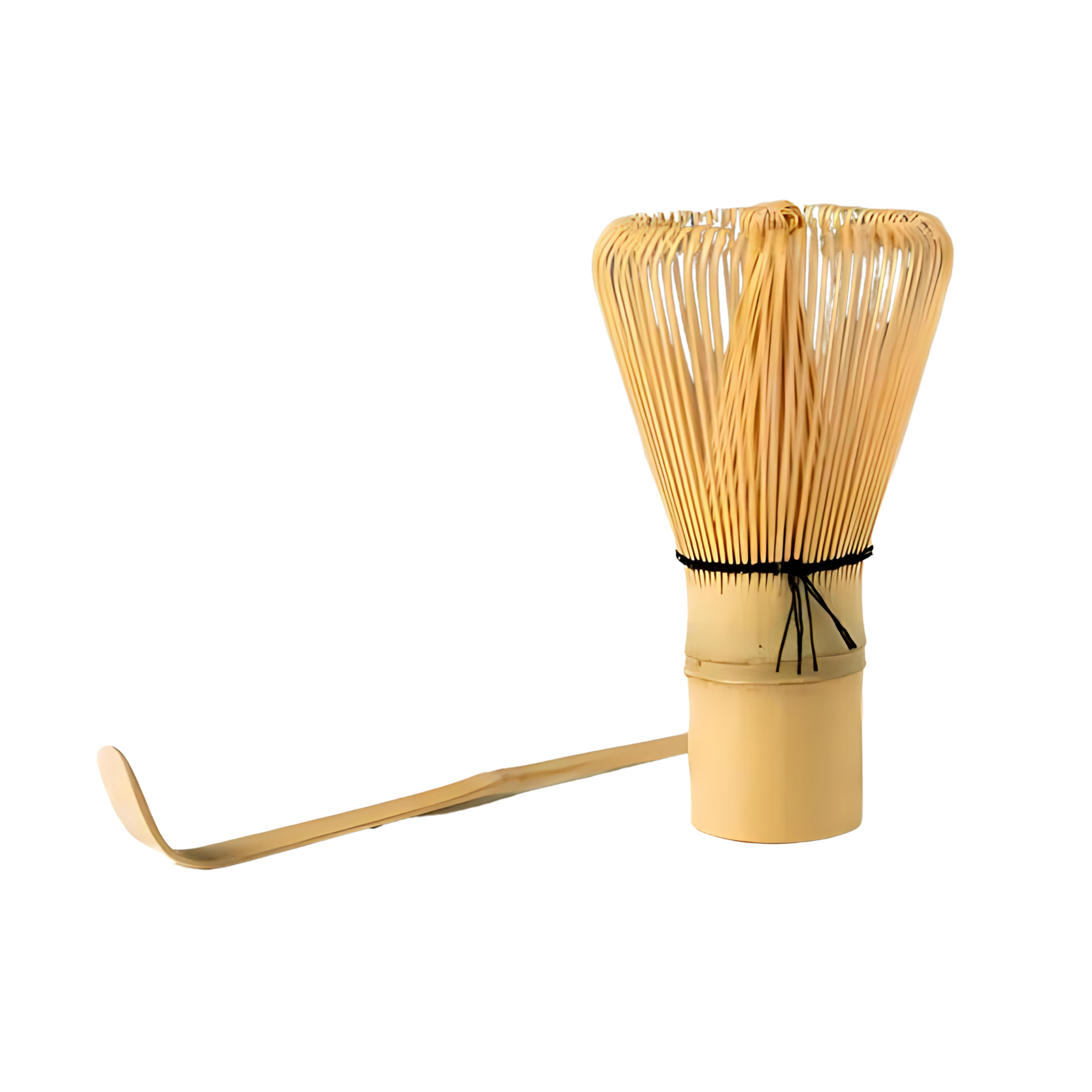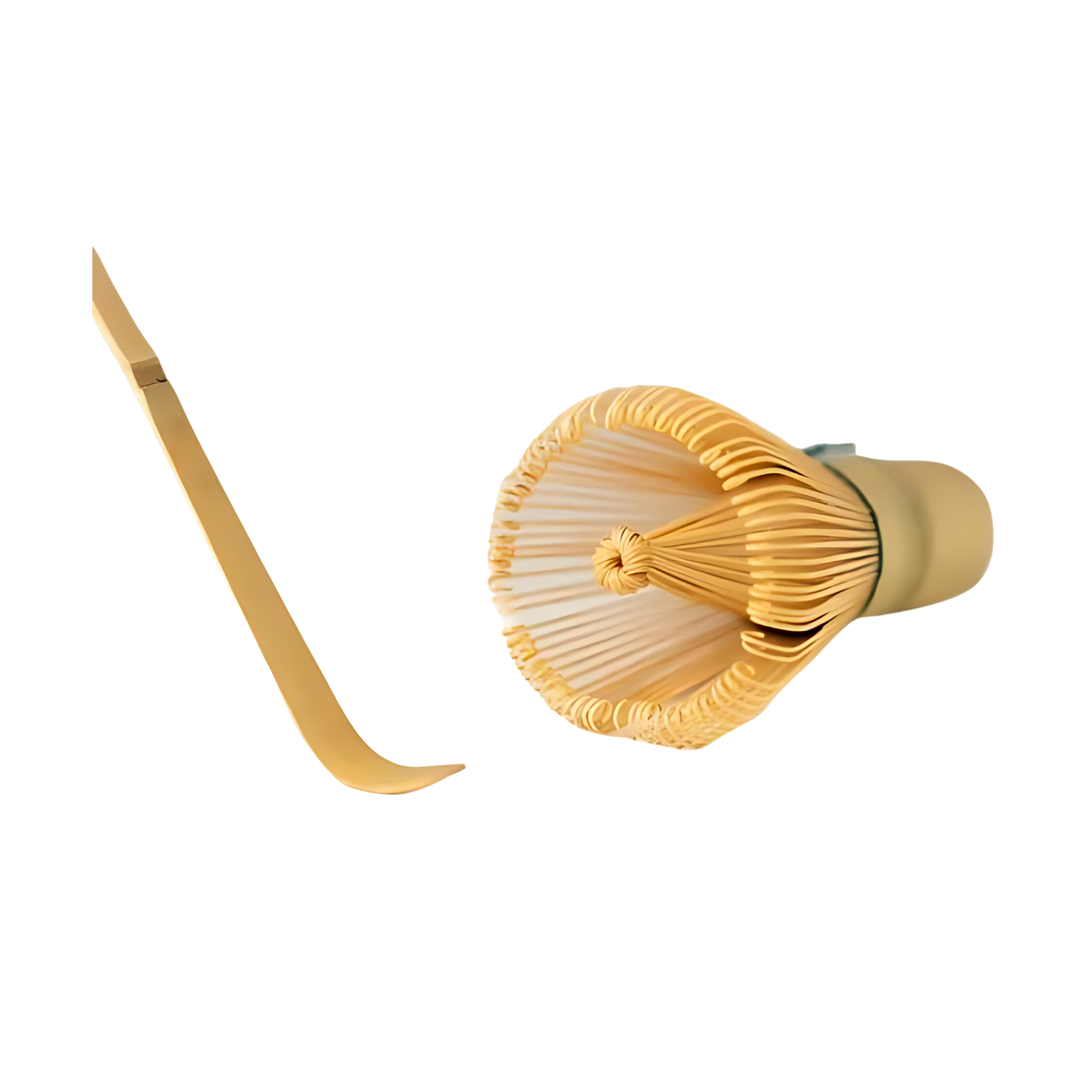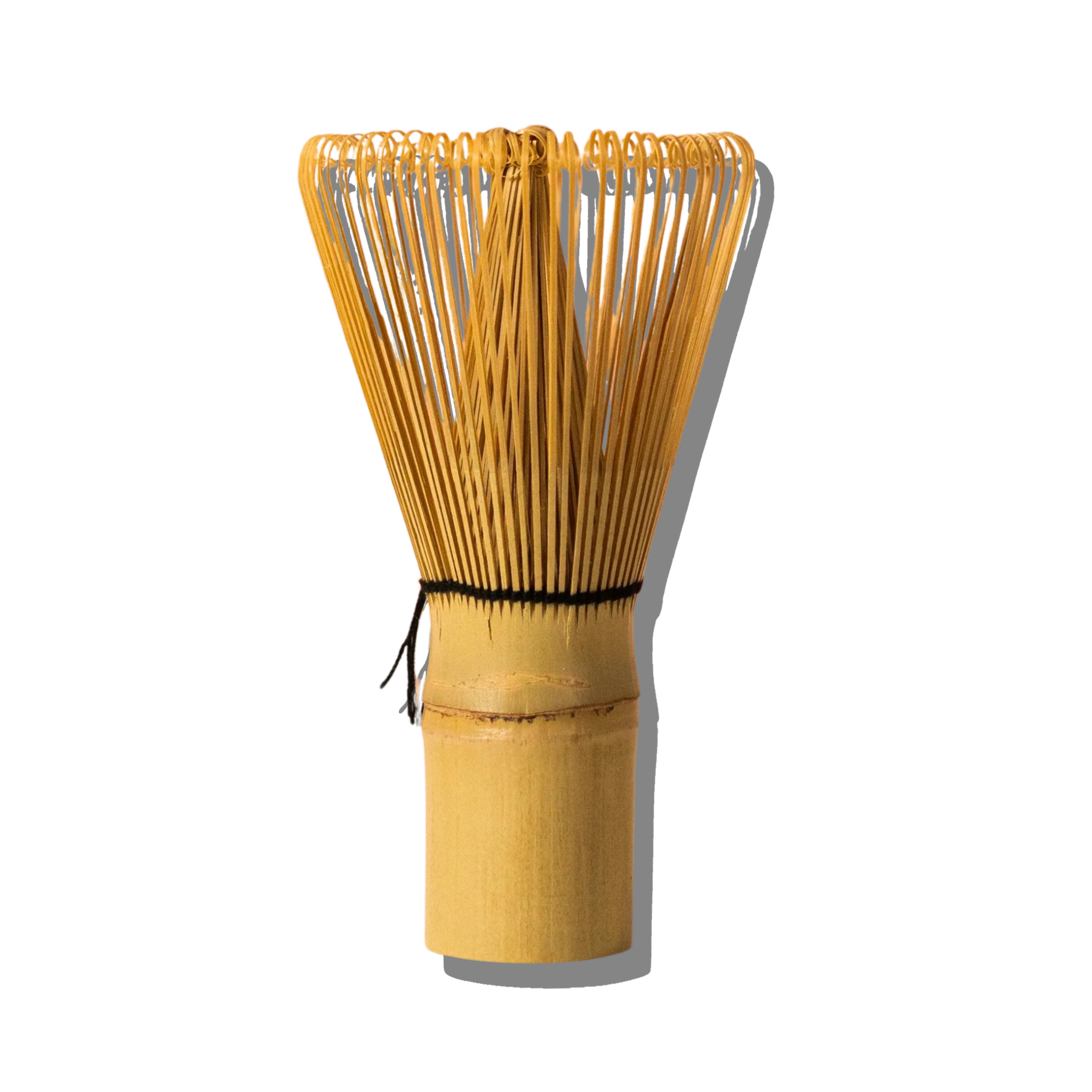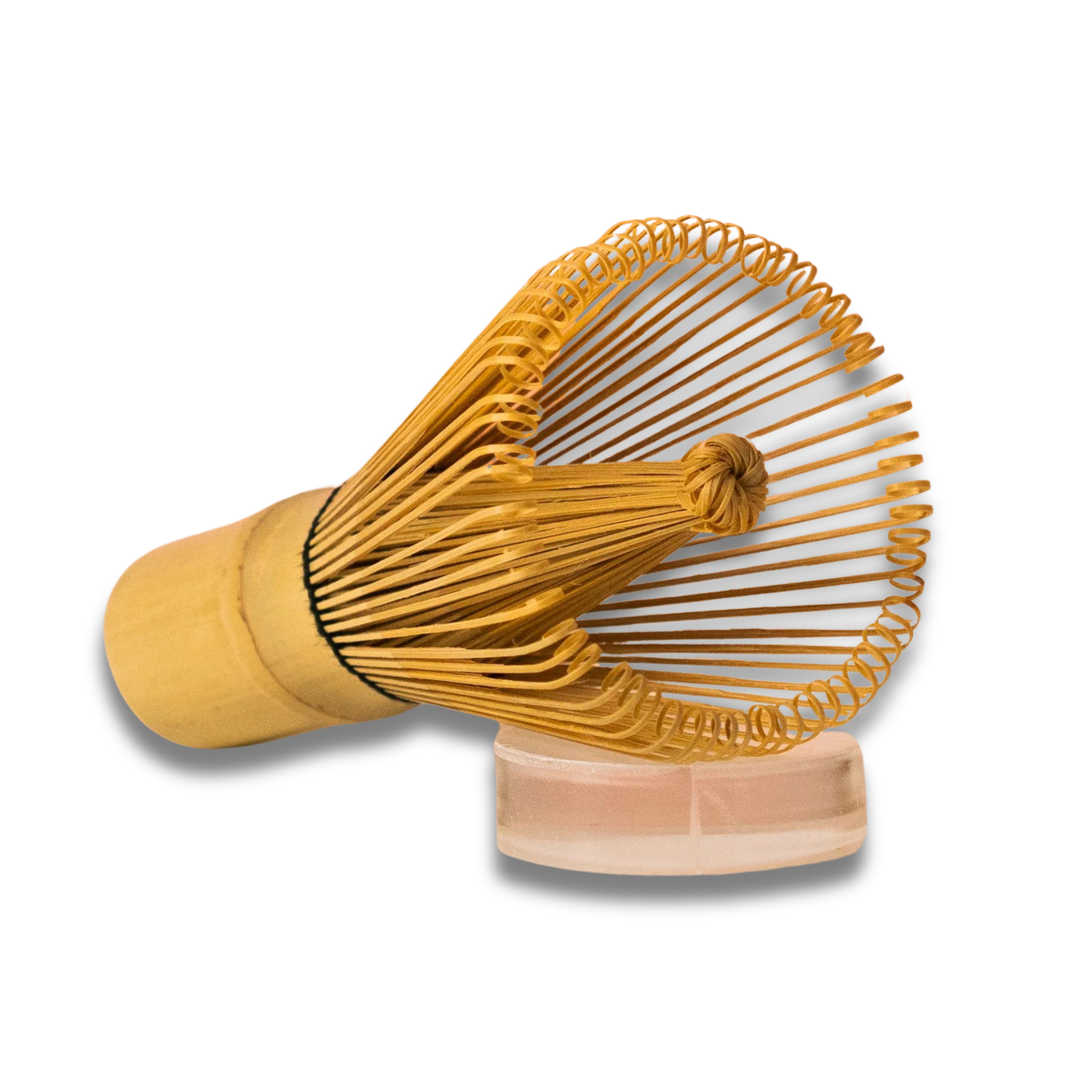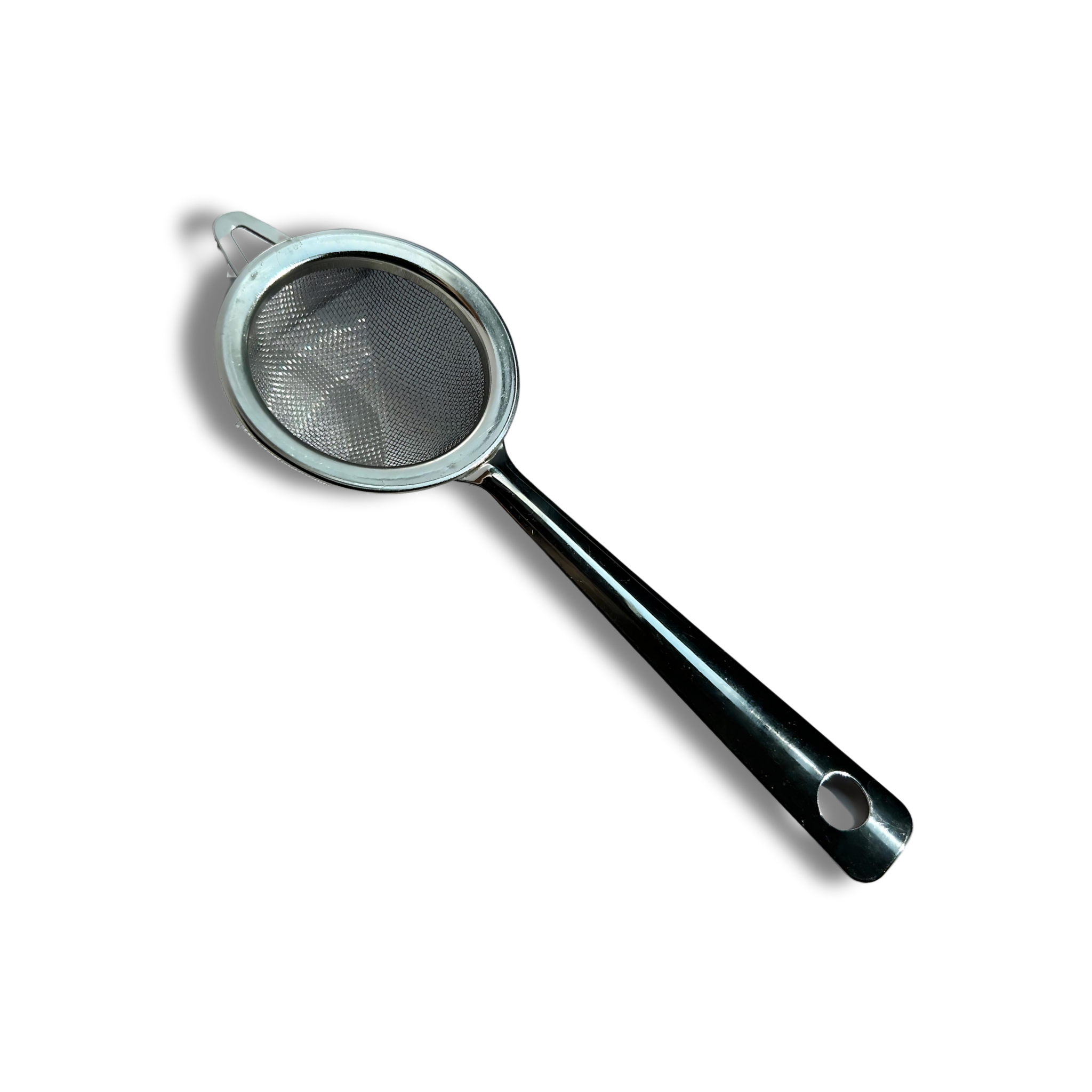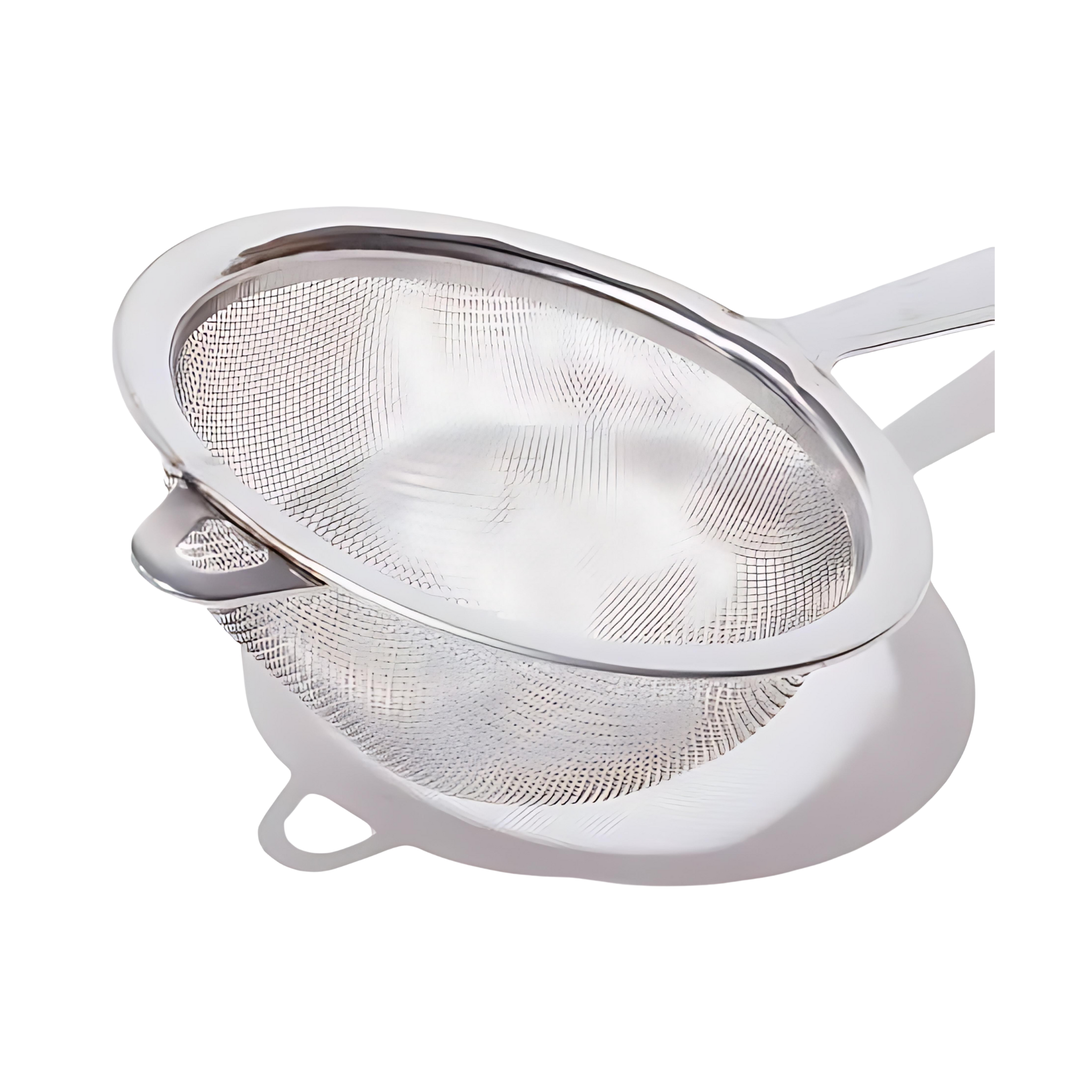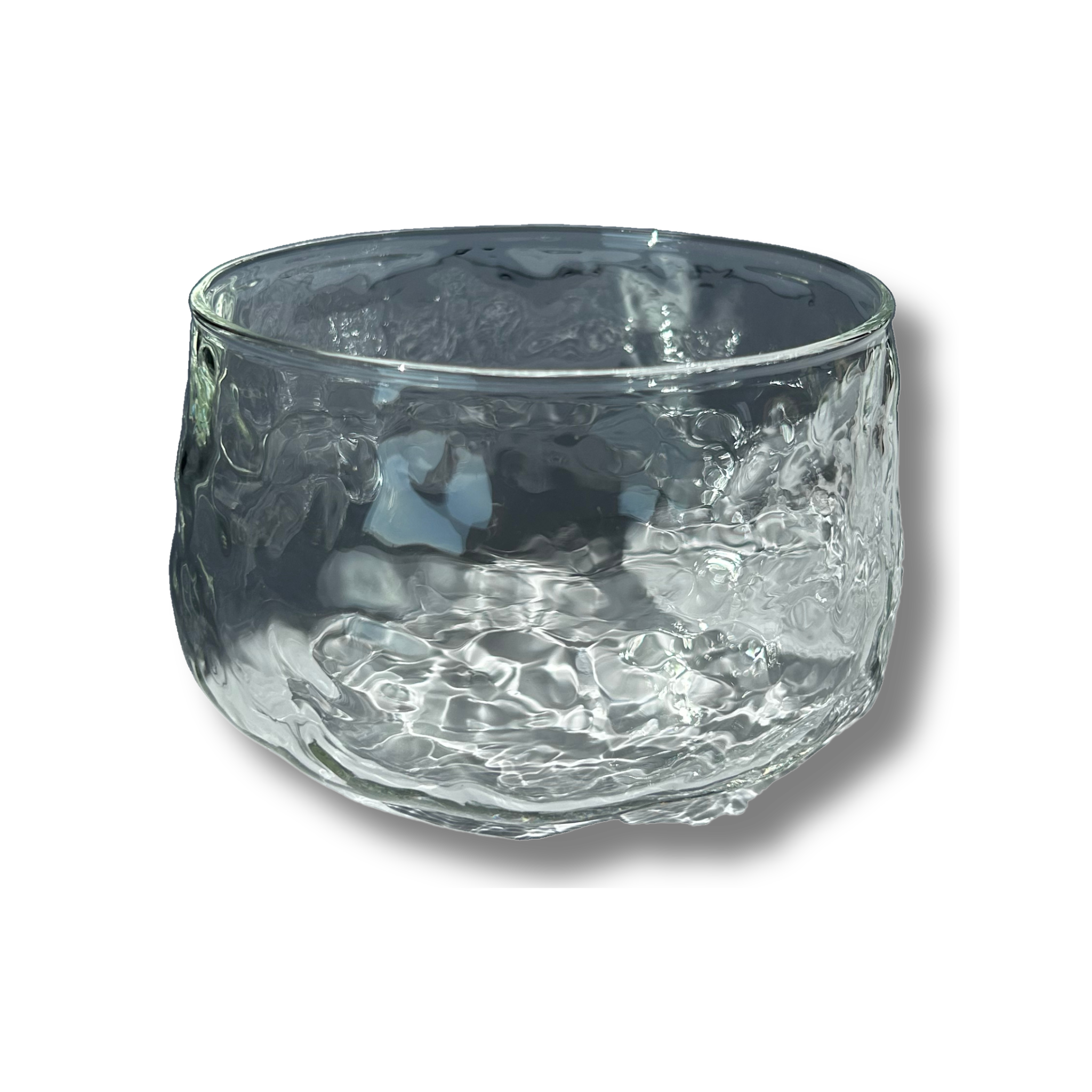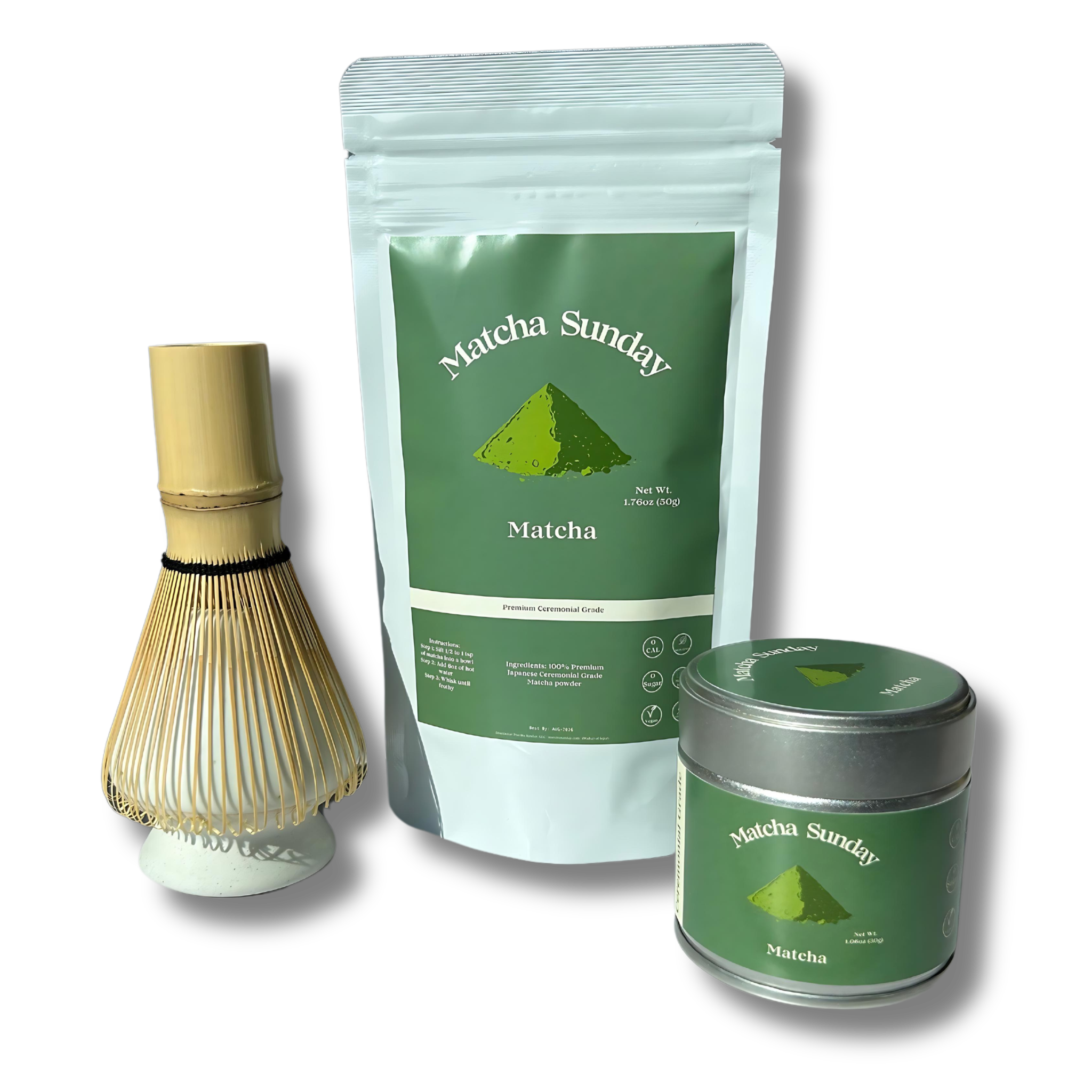Introduction
As a matcha enthusiast, you might often find yourself wondering, "Does matcha expire?" Understanding the shelf life of matcha, how to store it properly, and recognizing the signs of spoilage can help ensure you always enjoy the best quality and flavor. In this comprehensive guide, we'll delve into everything you need to know about matcha's shelf life, how to store it, and how to identify if your matcha has gone bad.
What is Matcha?
Matcha is a finely ground powder made from specially grown and processed green tea leaves. Unlike other green teas, matcha plants are shade-grown for about three weeks before harvest, increasing chlorophyll levels and enhancing the production of amino acids. This process gives matcha its vibrant green color and rich, umami flavor.
Purchase Ceremonial Grade Matcha Powder:
Does Matcha Expire?
Technically, matcha does not "expire" in the sense that it becomes unsafe to consume. However, matcha does have a best-by date, after which its quality can significantly deteriorate. Over time, matcha can lose its vibrant color, fresh flavor, and beneficial compounds due to oxidation and poor storage conditions.
Matcha Shelf Life
Unopened Matcha: When stored properly, unopened matcha can retain its quality for up to one to two years. Manufacturers typically provide an expiration date that reflects this period.
Opened Matcha: Once opened, matcha is best consumed within 60-90 days to enjoy optimal freshness and health benefits. However, if stored correctly, it can remain usable for up to 12 months. Proper storage conditions are crucial in extending matcha's shelf life.
How to Store Matcha Properly
Proper storage is key to maintaining the quality of your matcha. Here are some essential tips:
- Airtight Container: Store matcha in an airtight container to prevent exposure to air, which can lead to oxidation.
- Cool and Dark Place: Keep matcha in a cool, dark place away from direct sunlight and temperature fluctuations. A pantry or refrigerator works well.
- Avoid Moisture: Ensure the container is dry before adding matcha. Moisture can cause clumping and spoilage.

Signs Matcha Has Gone Bad
Even with proper storage, matcha can still degrade over time. Here are five tests to determine if your matcha has gone bad:
- The Color Test: Fresh matcha is bright, vibrant green. If your matcha has turned dull or yellowish, it’s a sign of oxidation and quality loss.
- The Sniff Test: Matcha should have a fresh, grassy aroma with a hint of sweetness. If the scent is faint or musty, it’s likely past its prime.
- The Sift Test: Fresh matcha should feel soft and fluffy. If it feels gritty or sand-like while sifting, it has likely deteriorated.
- The Whisk Test: When whisked, fresh matcha should produce a frothy layer with fine bubbles. If it doesn’t froth well, it’s a sign of aging.
- The Taste Test: Fresh matcha has a balanced flavor, combining sweetness with umami. If it tastes overly bitter or stale, it’s time to replace it.

What to Do with Expired Matcha
If your matcha has lost its prime quality, don’t throw it away just yet. There are several creative ways to use older matcha:
- Baking: Use it in cakes, cookies, or bread to add a unique flavor and color.
- Smoothies: Add a teaspoon to your smoothie for a health boost.
- Face Masks: Mix matcha with yogurt or honey for a rejuvenating face mask.
- Hair Rinse: Combine matcha with water for a nourishing hair rinse.
Conclusion
While matcha doesn't technically expire, its quality and flavor can degrade over time. By understanding the shelf life, proper storage methods, and signs of spoilage, you can ensure that you always enjoy the freshest and most flavorful matcha. Remember to store your matcha in an airtight container, keep it in a cool and dark place, and use it within the recommended time frame. If your matcha does lose its prime quality, don’t discard it—repurpose it in creative ways.
References
- Oxidation and Matcha Quality: "Oxidation's Impact on Green Tea Quality," Journal of Agricultural and Food Chemistry.
- Health Benefits of Matcha: "Health Benefits of Matcha Green Tea," Harvard Health Publishing.
- Proper Storage Techniques: "Storage Tips for Maintaining Tea Quality," Tea Research Journal.
Visit our website: Matcha Sunday.

